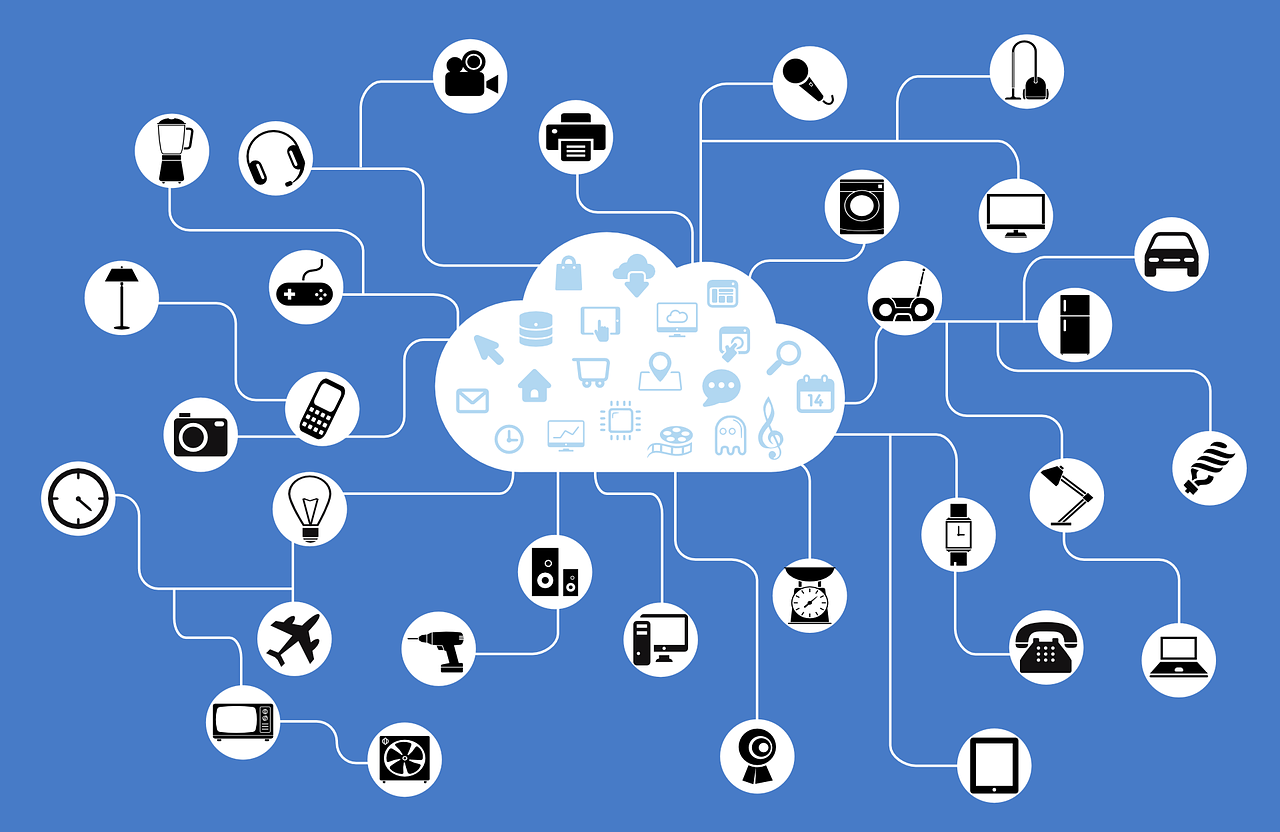WMG Insights
IoT and the future of making things
Professor Irene Ng talks toThe Manufacturer about IOT and the future of making things.
The advent of the Internet-of-Things (IoT) has transformed our world into one of connected things and connected people. With data being collected and exchanged by both people and objects (communication devices, vehicles, smart buildings, hospitals, even our fridges), firms can harvest customer data in real-time as we move towards the Internet-of-Everything.
This means that a great many disparate companies are gaining access to personal data about the way we, as individuals, live. Although an unintended side effect of the digital economy, this can still be a positive development, as companies are better able to understand their customers and thus can create more relevant offerings. At the same time, it can also have negative connotations, with individuals becoming increasingly concerned about the security and confidentiality of their own data.
The faceoff between Apple and the FBI, over the unlocking of an iPhone used by one of the terrorists responsible for the December 2015 San Bernadino attack, has also highlighted the conflict between society's demands for protection from crime and terrorism against its need to retain some measure of personal privacy in our digital lives. With both the US and UK governments looking at new legislation that would require companies to provide greater access to customer information for the sake of national safety and security, this has given rise to an increasingly complex issue of possession, use, and disposition for personal data.
In a rapidly expanding IoT world, where it's estimated there will be some 6.4 billion connected devices with embedded sensors communicating directly with one another by the end of this year, the market is likely to be pluralistic in terms of who has 'custody' of personal data. Large corporations such as Google and Facebook will always want to retain this custody, but many small companies making IoT devices might prefer not to take the privacy or reputational risk that comes with it. Instead, they may opt for a container model, giving access back to the customer. This suggests a way forward in which firms, and the customers that they rely on for data, can better align their objectives for everyone's benefit.
The HAT
A personal internet data container such as the Hub-of-all-Things (HAT) that I am involved in developing, would enable individuals to set the terms for precisely how businesses, websites, and other online services can contribute to and access their personal data. It could also provide individuals with the ability to collect their own data through IoT-enabled objects, and to recombine and be creative with mixing up that data and then sharing it in a manner that preserves their privacy, allowing for more informed decision making. For firms, such technology makes it possible to gain greater insights into customer wants and needs, providing a big market discriminator and opening new market opportunities. Better still, by returning control of personal data to customers, firms can build a better relationship with their customers, creating trust, goodwill and loyalty.
Such a multi-sided personal data platform could resolve the tension between concerns over personal data privacy and our abilities to tap into innovative services and products in today's connected world. It allows for a new social and business contract to be forged between individuals and firms in the context of the IoT, one that could potentially spur even more innovation, since individuals could be private and secure, and firms can offer more innovative services around a mix of all sorts of data.
As industries begin to wake up to the internet jumping out of the box into the physical realm through the Internet-of-Everything, there is an urgent need to better deal with customer data, a burning platform fueled by the era of the IoT. Respect for the privacy and ownership of personal data can lead to the creation of new markets and help spur greater growth in the digital economy.
First published on 5 August 2016.
